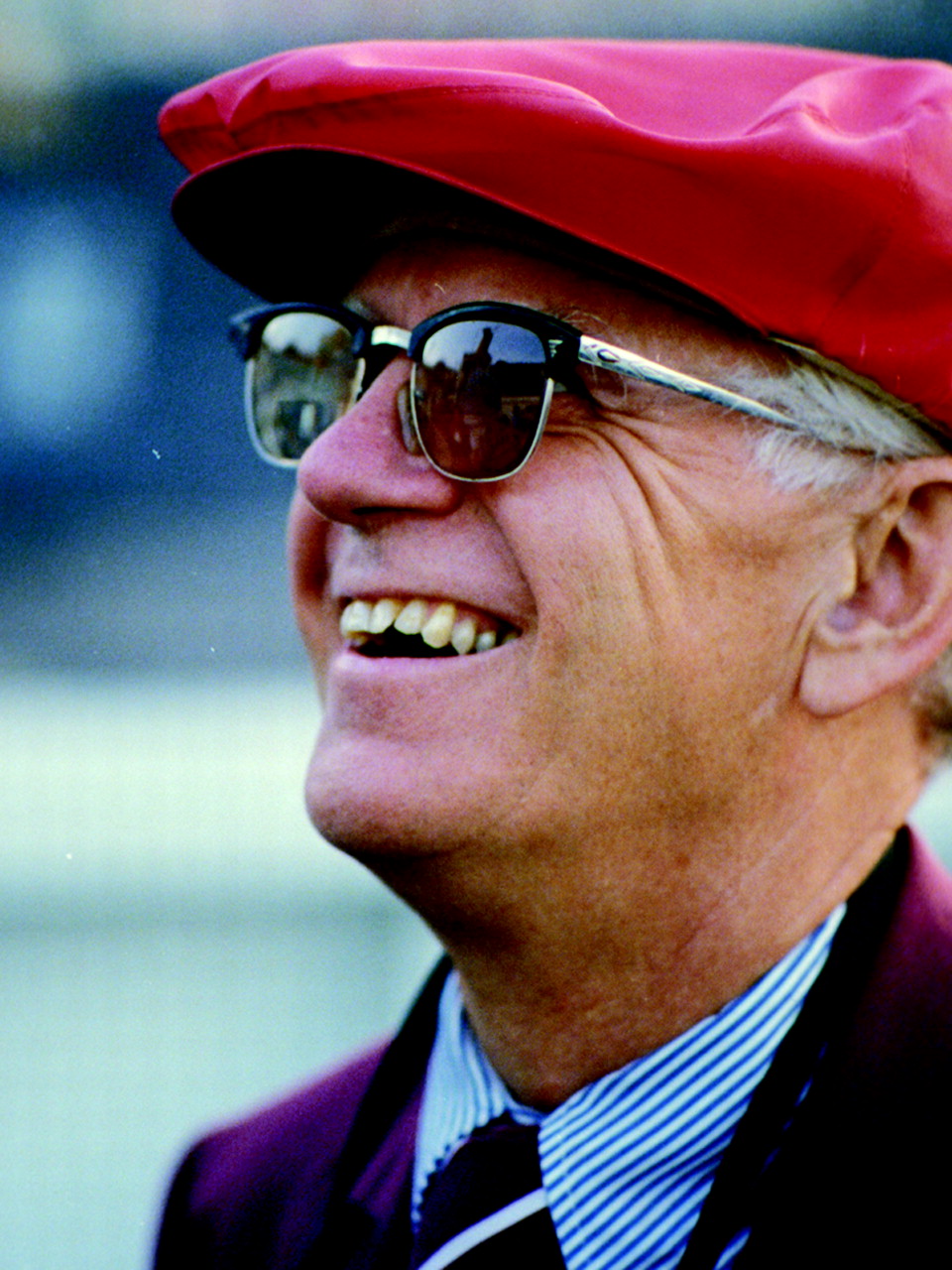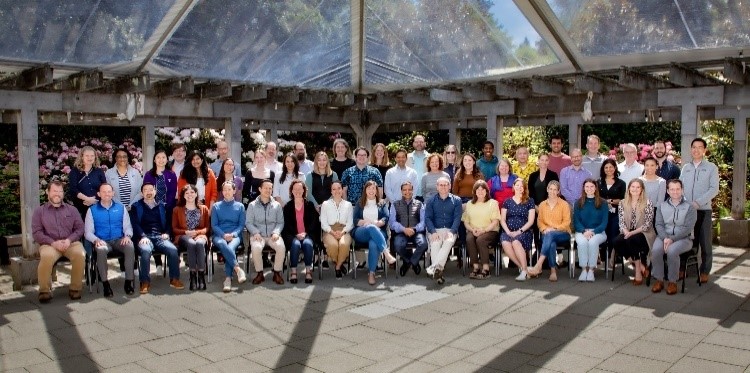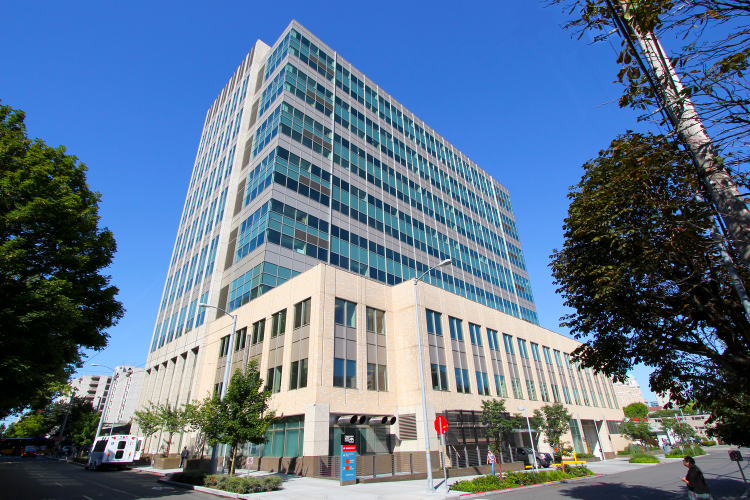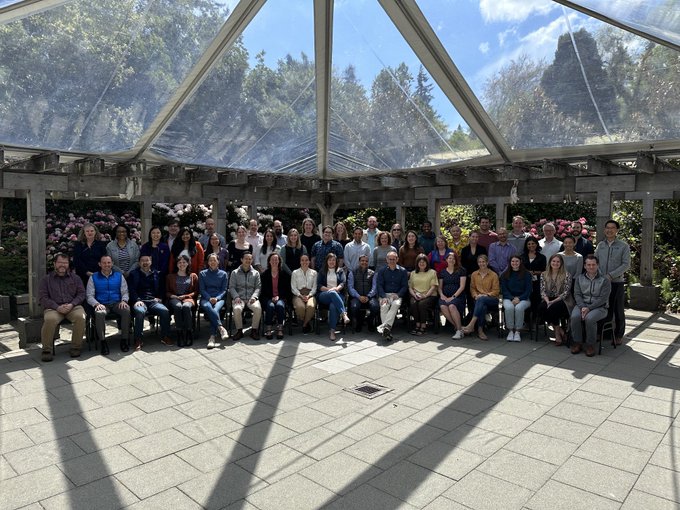Our KRI Mission & History
Established in 2008
Purpose
To seek innovative solutions to challenging clinical problems facing people living with kidney disease.
learn moreVision
Every available patient with kidney disease will be informed about, participate in, and benefit from research.
learn moreThe foundation for a kidney research institute
A Life-Changing Discovery
Seattle has long been the place for kidney research. In 1960, Dr. Belding H. Scribner, the first director of nephrology at the University of Washington, and his colleagues developed a blood access device for hemodialysis called the Scribner shunt, providing a lifeline to patients with kidney failure. The shunt allowed patients to receive lifesaving dialysis on a long-term basis, changing kidney failure from a death sentence to a treatable condition. Dr. Scribner subsequently founded Northwest Kidney Centers, the first outpatient dialysis program in the world, and made Seattle an international center for advances in kidney disease. Through his leadership, Scribner forever changed the lives of patients with kidney disease.
The Need for Additional Research

The prevalence of kidney disease has continued to rise steadily since Scribner’s time, and the lack of research and new discoveries has hindered the delivery of optimal medical care and treatments to affected individuals. For the Seattle kidney community, it became evident that there simply wasn’t enough innovative research on kidney disease being done. A cohesive, focused research endeavor to bring the best science to the study of the most important clinical problems needed to be in place to truly make a difference in the lives of people with kidney disease.
An Institute Just for Kidney Research
In 2003, a task force consisting of leadership from UW Medicine, Northwest Kidney Centers, and the local community pioneered the concept of a research institute dedicated solely to kidney disease. After five years of planning, the Kidney Research Institute opened its doors in 2008, proud to build on 50 years of history in Seattle.

In 2008, the KRI recruited Dr. Jonathan Himmelfarb as its first director. After 14 years of visionary leadership, Dr. Himmelfarb stepped down as director. Dr. Ian de Boer started as the KRI’s second director in 2022. Throughout its course, the KRI’s strategic direction has been guided by a Scientific Advisory Committee of distinguished physicians and scientists. Beginning in 2016, the KRI also established a Patient Advisory Committee of committed patient representatives and advocates, one of the first of its kind, to put the patient perspective front and center in KRI research and help maximize the impact of kidney research for patients.

The spotlight title goes here
The spotlight subtitle goes here.

Need for research
1 in 7 people suffer from the condition in the United States; worldwide the number is >800 million.
learn morePutting patients first
The KRI partners with patients to conduct research that improves lives.
learn moreAdvisory committees
The SAC provides scientific advice and research goals to our KRI investigators. The PAC shares patient feedback and personal experiences with KRI leadership.
learn moreOur commitment to training
We train the next generation of nephrology leaders to improve the lives of people with kidney diseases.
learn more




